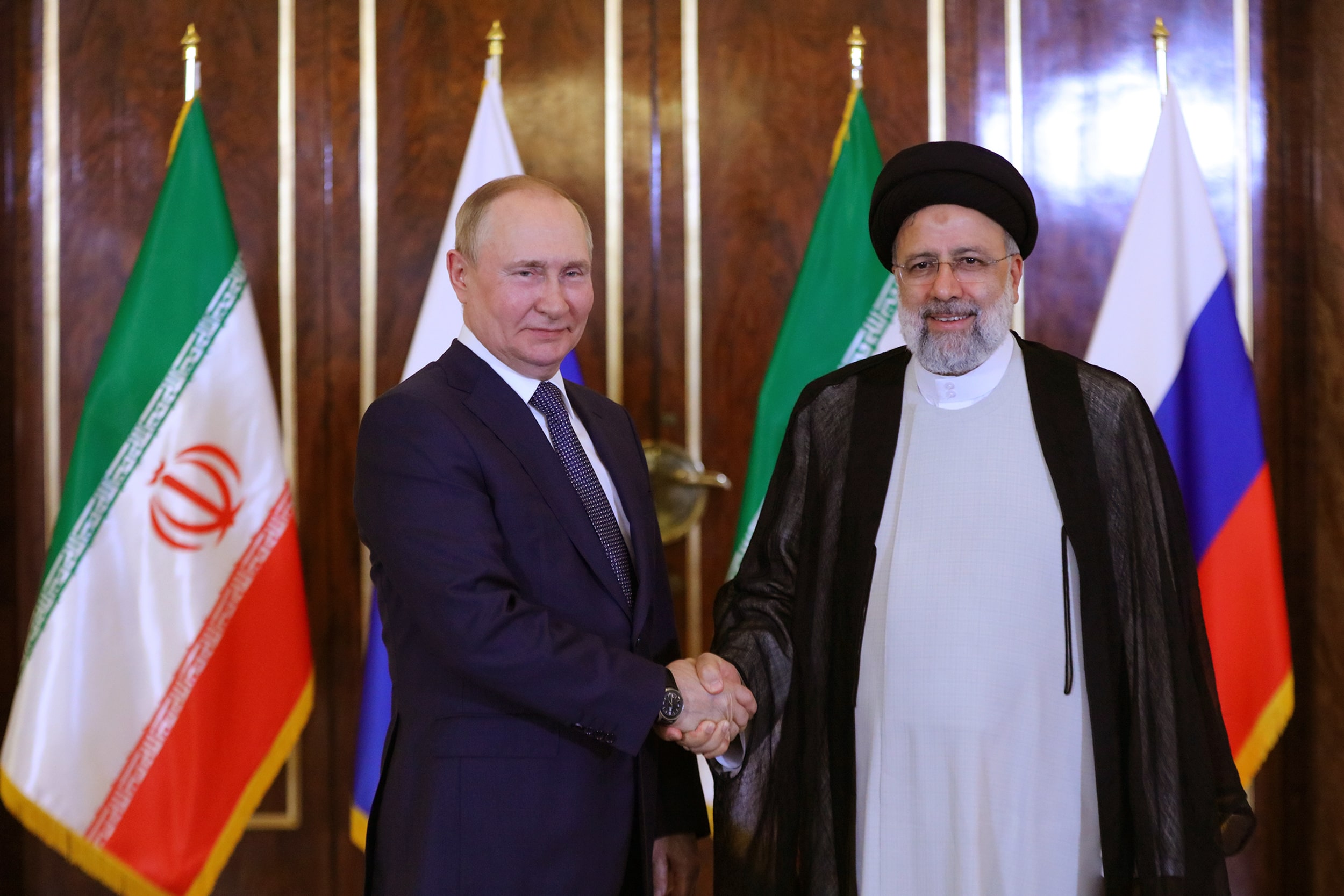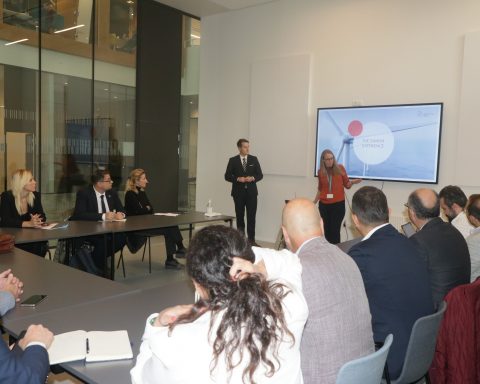In recent weeks, after the suspension of the nuclear negotiations, many meetings between the heads of several countries have taken place. Last week, Riyadh was the venue for the Jeddah Security Summit, and the presence of US President Joe Biden called attention to the issues of energy security and energy supply security, as well as Iran’s nuclear program. After that, attention focused on Iran, where the heads of the three countries, i.e., Türkiye, Iran, and Russia, countries with different foreign policy priorities, met in Tehran.
In some cases, it has even caused the sale of Russian oil at a huge discount to reduce the share of Iranian oil in the Chinese market. Following the Russian attack on Ukraine, Moscow wanted to show its adversaries that Russia is not isolated. As for Türkiye, Ankara has serious security concerns in northern Syria and wants to conduct military operations there. Meanwhile, some Arab media outlets announced Russia’s desire to buy Iranian drones, although Iran had denied the issue of selling drones to Russia by declaring its neutrality regarding the war in Ukraine.
It should be kept in mind that Syria was the focus of the negotiations held during the meeting between Türkiye and Iran, and the attempt to assassinate some Israeli tourists in Türkiye had also become a new security challenge between Türkiye and Iran. The Iranian authorities published news about Iran’s so-called attempt to assassinate Israeli tourists as a smearing campaign by the enemies of Tehran, which hoped to disrupt good relations between Türkiye and Iran. The visit of Turkish and Russian presidents Recep Tayyip Erdogan and Vladimir Putin, to Iran, meeting with senior Iranian officials in Tehran, and the holding of a new round of meetings guaranteeing the ceasefire in Syria by Türkiye, Russia, and Iran were brought into focus by the international media.
Iranian President Ebrahim Raisi and Russian President Vladimir Putin were claimed to get Türkiye out of the war in Syria. As Russia gets involved in Ukraine, Türkiye is planning its own “special military operation” – this time against the PYD/PKK in northern Syria. The said report commented that a military operation by Türkiye into Syria carries the risk of turning the ongoing conflict into an international one and displacing an even larger number of Syrians. In this connection, the Wall Street Journal also reported that Putin was seeking to strengthen ties with Iran and Türkiye during his visit to Tehran and that he wanted to demonstrate his continued international influence even during the ongoing war in Ukraine. The Wall Street Journal further stated, “Russian President Vladimir Putin met with the leaders of Iran and Türkiye, and the purpose of this is to show the continuation of his international influence during the attack on Ukraine.
Energy demotion of Iran-Russia Relations
On his fifth trip to Iran, Vladimir Putin met with Raisi and Khamenei. On the sidelines of Putin’s visit to Tehran, a $40 billion memorandum of understanding was signed between Gazprom and the National Iranian Oil Company. Mohsen Khojastemehr, the CEO of the National Iranian Oil Company, said at the online signing ceremony of this memorandum that Gazprom’s $10 billion investment has been signed by both parties. As part of this agreement, the Kish and North Pars gas fields will be developed, and 100 million cubic meters of natural gas will be added to the country’s gas production.
In the final statement of the meeting, the heads of state of Türkiye, Iran, and Russia expressed their determination to continue cooperation to fight terrorism in all its forms and manifestations. The countries condemned the increase in the presence and activity of terrorist groups and their affiliated groups with various names in different regions of Syria, including attacks that target civilian facilities and lead to the loss of innocent lives, and emphasized the need for the full implementation of all measures related to northern Syria. In this regard, he has rejected all efforts to create new realities on the ground under the pretext of fighting terrorism, including illegitimate autonomy initiatives, and his determination to confront separatist agendas aimed at weakening the sovereignty and territorial integrity of Syria as well as threatening national security. Neighboring countries express that it takes place through cross-border attacks and infiltrations.
The President’s concern for the continuation of Iran’s natural gas export to Türkiye is not consistent with the reality of Iran’s energy industry. Iran is facing an economic crisis, and if the sanctions are not lifted and Iran cannot provide the necessary financial and technological resources to increase oil and gas production, Iran will become an energy importer. The efforts of Iran and Türkiye to increase the level of trade without solving their problems are not too late, and the lifting of sanctions is also necessary to increase the level of trade relations between Iran and Türkiye.
Neither can the Tehran meeting solve all the problems in the relations between Iran, Russia, and Türkiye, nor can Russian companies meet all the needs of Iran’s energy industry. The easing of Iran-Türkiye relations requires a change in Iran’s foreign policy. The countries of the region should cooperate more in the fight against terrorism. The continuation of the war in Ukraine conflicts with the interests of Türkiye and Tehran, and Russia should act towards ending its military attack on Ukraine, which seems unlikely soon.
There is no doubt about the necessity of investing in Iran’s oil and gas fields. The problem here is that while Iran is still under sanctions, the JCPOA has not yet been revived, and Russia is also under sanctions due to the Ukraine war. Given the sanctions on the Russian energy industry, the main question here is, if this memorandum becomes a contract, how will it be financed? Is Gazprom’s technology able to meet all the needs of Iran’s energy industry? In the field of international relations, the Russians have always looked after their own interests. It is natural that they are also looking at their economic and geopolitical interests in signing such an agreement. Investing in Iran’s oil and gas industry, if implemented, will provide Moscow with this opportunity. To not only have control over Iran’s energy resources and its export routes, but also to increase its influence on Iran’s foreign policy more and more. Putin’s visit to Tehran and the signing of this memorandum are more of a political gesture to show that Russia is not isolated than presenting a solution to the problems of Iran’s energy industry.













